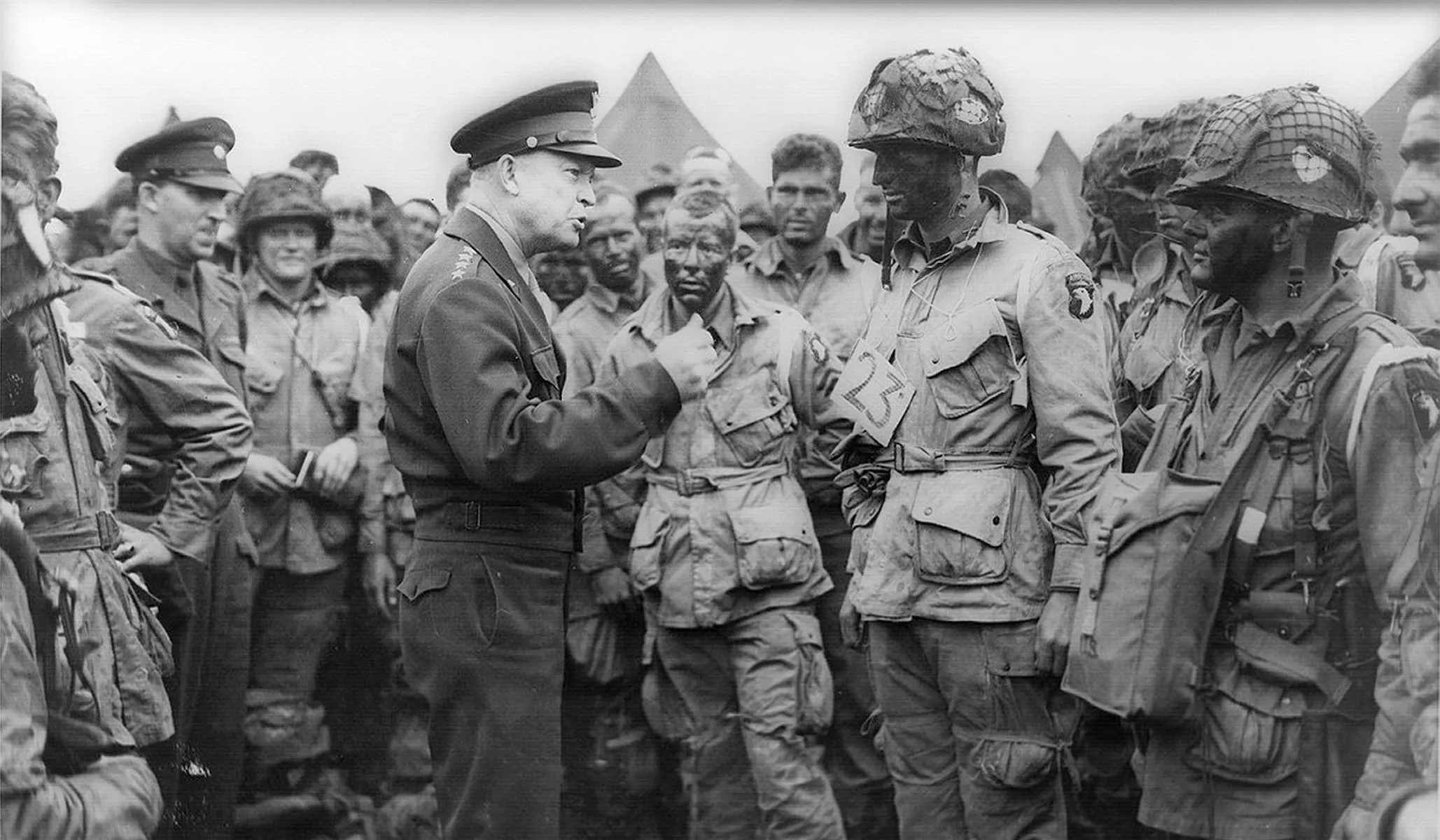yanomami.net – The Second World War, a global conflict that lasted from 1939 to 1945, was the deadliest and most widespread war in history. It involved the vast majority of the world’s nations—including all of the great powers—eventually forming two opposing military alliances: the Allies and the Axis. The war was a battle for global supremacy, as nations fought for control, ideology, and survival. It reshaped the political alignment and social structure of the world and set the stage for the Cold War.
The Origins of Conflict:
The roots of World War II lay in the aftermath of World War I, the Great Depression, and the rise of fascism in Europe. The Treaty of Versailles, which ended World War I, imposed heavy reparations and territorial losses on Germany, leading to economic hardship and resentment. The global economic downturn of the 1930s further destabilized nations, providing fertile ground for the rise of authoritarian leaders like Adolf Hitler in Germany, Benito Mussolini in Italy, and Emperor Hirohito in Japan. These leaders sought to expand their territories and influence, leading to aggressive actions that would eventually spark a world war.
The Global Expansion of the War:
The war began on September 1, 1939, when Germany invaded Poland, prompting Britain and France to declare war on Germany. Over the next six years, the conflict would spread to involve more than 30 countries. Key theaters of war included Europe, the Pacific, North Africa, and Southeast Asia. The Axis powers, led by Germany, Italy, and Japan, sought to conquer and control vast territories, while the Allies, led by the United Kingdom, the Soviet Union, China, and later the United States, aimed to halt Axis expansion and liberate occupied territories.
Key Battles and Turning Points:
Several pivotal battles and events marked the turning points of the war. In Europe, the Battle of Britain in 1940 saw the Royal Air Force successfully defend the UK against the Luftwaffe, preventing a potential German invasion. The entry of the Soviet Union and the United States into the war in 1941, following the German invasion of the Soviet Union and the Japanese attack on Pearl Harbor, significantly shifted the balance of power towards the Allies. The Battle of Stalingrad in 1942-1943 marked the beginning of the end for Nazi Germany on the Eastern Front, while D-Day, the Allied invasion of Normandy in June 1944, opened a second front in Europe.
In the Pacific, the Battle of Midway in June 1942 was a decisive naval victory for the United States against Japan. The subsequent island-hopping campaign and the use of atomic bombs on Hiroshima and Nagasaki in August 1945 led to Japan’s surrender.
The Human Cost and Impact:
The human cost of World War II was staggering. It is estimated that over 70 million people died, including the Holocaust, in which six million Jews were murdered. The war also saw the widespread use of strategic bombing, leading to the destruction of cities and civilian populations. The atomic bombings of Hiroshima and Nagasaki were a grim foretaste of the nuclear age.
The war’s impact was not limited to the loss of life. It led to the displacement of populations, the destruction of infrastructure, and the devastation of economies. However, it also spurred technological advancements and the mobilization of entire societies for a common cause.
The Post-War World:
The end of World War II in 1945 brought about significant changes in the global order. The United Nations was established to foster international cooperation and prevent future conflicts. Europe was left in ruins, leading to the Marshall Plan, a massive American aid program for rebuilding. The war also led to the division of Europe into Western and Soviet spheres of influence, setting the stage for the Cold War.
In Asia, the defeat of Japan led to the end of colonial rule in many parts of the continent, sparking a wave of decolonization and the emergence of new nations.
Conclusion:
The Second World War was a battle for global supremacy that reshaped the world in profound ways. It was a conflict of unprecedented scale and brutality, with far-reaching consequences for international relations, human rights, and the global economy. The lessons of World War II continue to influence global politics and the quest for peace and security in the 21st century.
